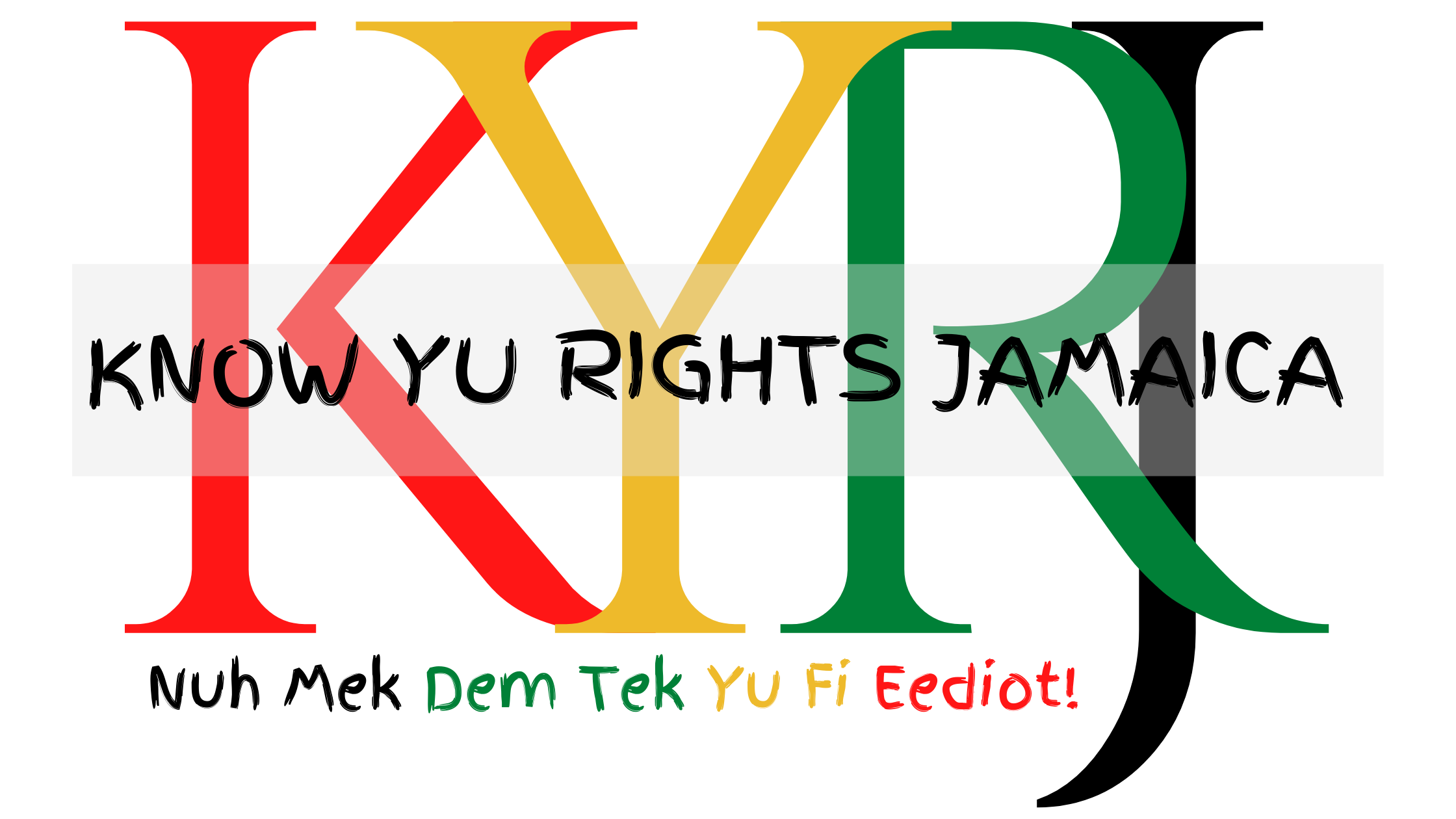DISCLAIMER: The content of this website, by its very nature, is general, whereas each user’s situation is unique. Therefore, please note the information contained within this website is for informational purposes only. All efforts have been executed to present accurate, up to date, and reliable, complete information. No warranties of any kind are declared or implied. Users of this website acknowledge that the Know Yu Rights Jamaica website is not engaging in the rendering of legal, financial or professional advice.
Please read our Privacy Policy & Terms of Use for further information.
Vacation leave falls under the category of “Paid Time Off” (PTO) and is a formal arrangement where an employee is granted the opportunity to take time away from work while still receiving their regular salary. This period of respite offers several significant benefits:
- Rejuvenation: Vacation leave provides you with the chance to step away from your professional responsibilities. This break allows you to recharge physically and mentally, reducing stress and burnout.
- Work-Life Balance: It contributes to a healthier work-life balance. You can allocate time for personal pursuits, family, and relaxation, which fosters a more harmonious life.
- Increased Productivity: A well-rested “you”, tends to be more productive upon returning to work. You can approach your tasks with renewed energy and creativity.
- Employee Satisfaction: Employers who offer vacation leave demonstrate their commitment to their employees’ well-being. This can lead to increased job satisfaction and a positive work environment.
How is Vacation Accrued?
Vacation leave typically accumulates or accrues over time. This means that you don’t need to take all your leave at once; you can save it up for a longer vacation or take it periodically throughout the year. N.B. Depending on the agreement with your employer, you can take your vacation days the same year that you qualify for them or you can take them the following year, it all depends on your company’s vacation policy.
In Jamaica, the law mandates that employees, who are not casual workers, are entitled to a specific number of days of vacation leave based on their length of service:
According to The Holidays With Pay Order, 1973:
- after working for 110 days, a worker begins to accumulate vacation leave;
- between 110 and 220 days, a worker receives one day vacation leave for every 22 days of work. N.B. Any fraction of a day is calculated as one day. So if you have worked for 190 continuous days, then you are entitled to 190/22=8.6, which is 9 vacation days;
- a worker who has worked more than 220 consecutive days is entitled to 2 normal working weeks of vacation;
- a worker who has worked 10 years or more consecutively is entitled to 3 normal working weeks of vacation.
According to the Amendment to Staff Orders Leave Provisions Chapter 7, as of January 1, 2023, public service workers (i.e., persons employed in the Central Government Service, in accordance with the Public Service Regulations) who have worked continuously for:
- 1 to 14 years are entitled to 15 days vacation leave per annum;
- 15 to 25 years are entitled to 21 days vacation leave per annum;
- over 25 years are entitled to 25 days vacation leave per annum.
Vacation entitlement may vary depending on the employment contract and company policies (remember a company can always have a better offer than what the law prescribes). Therefore, it is crucial to check your employment contract and your employer’s policies to determine your exact vacation leave entitlement.
Vacation Carryover
The law allows for you to carryover your vacation days earned for three consecutive years (maximum), but this agreement would have to be clearly stated in your company’s policy or your employment contract. It is not automatic.
Therefore, if you earn 15 vacation days per year, and your company allows carryover for a maximum of three years, then you could choose not to take vacation until you have accumulated 45 days.
Vacation Leave Pay
Workers should receive their vacation pay before their vacation begins.
Employees continue to receive their regular salary while on leave (excluding overtime and premium rates).
For employees who are paid at piece or task rates or on a commission basis, the minimum daily vacation pay is 1/65 of the total normal wages earned by the employee for the last 13 weeks that the employee worked for that particular employer (these 13 weeks do not have to be consecutive).
Vacation Leave & Casual Workers
The Holidays with Pay Order, 1973 does not explicitly state that casual workers are entitled to vacation leave, but it does define a “worker” as any person who is employed under a contract of service or apprenticeship. This definition can be interpreted to include casual workers.
Thus, whether or not casual workers are entitled to vacation leave in Jamaica depends on their individual employment contract. If you are a casual worker in Jamaica and you are unsure whether or not you are entitled to vacation leave, you should check your employment contract. You should also contact the Ministry of Labour and Social Security for more information.
Gratuity for Casual Workers
If you are a casual worker and:
- you have worked for 110 or more days for your employer, or
- if your employer can’t determine the number of days you have worked, but they can determine that you have earned, as normal wages, a sum that is equivalent to 110 times the established daily rate for your category of work, or
- if they can’t determine the number of days you have worked and there is no established daily rate for your category of work, but they can determine that your name has appeared on the pay bills of your employer for no less than 20 weeks,
your employer should pay you a gratuity at or before the end of each qualifying year (qualifying year = a period of 12 months working for your employer).
The minimum gratuity payable is 3% of the total wages that you earned from a particular employer during that 12 month period.
Vacation Leave For Teachers
Teachers who are permanently employed may be granted vacation leave.
For every 5 years that you work, you are entitled to one school term’s worth of vacation leave. For more information, please explore The Education Regulations, 1980.
Vacation Leave In Jamaica
Other important notes concerning vacation leave in Jamaica are as follows:
- If your employer has given you notice that they will be ending your employment, e.g., a 2 weeks notice, they are not allowed to grant you vacation leave during this notice period.
- Upon the termination of your employment, your employer should pay you for any outstanding vacation days that you are entitled to which you did not take. If you are a casual worker, you should be paid any outstanding gratuity.
Vacation leave is a fundamental employment benefit in Jamaica, providing employees with an opportunity to rest, recharge, and maintain a work-life balance. Understanding your entitlement, pay, and any specific considerations, such as those for teachers, is essential for maximizing the benefits of this leave.
By knowing your rights and responsibilities regarding vacation leave, you can ensure a well-deserved break and return to work refreshed and ready to excel in your job.
Remember that the specifics may vary depending on your employment contract and your employer’s policies, so it’s crucial to communicate with your employer to clarify any questions or concerns related to your vacation leave.

